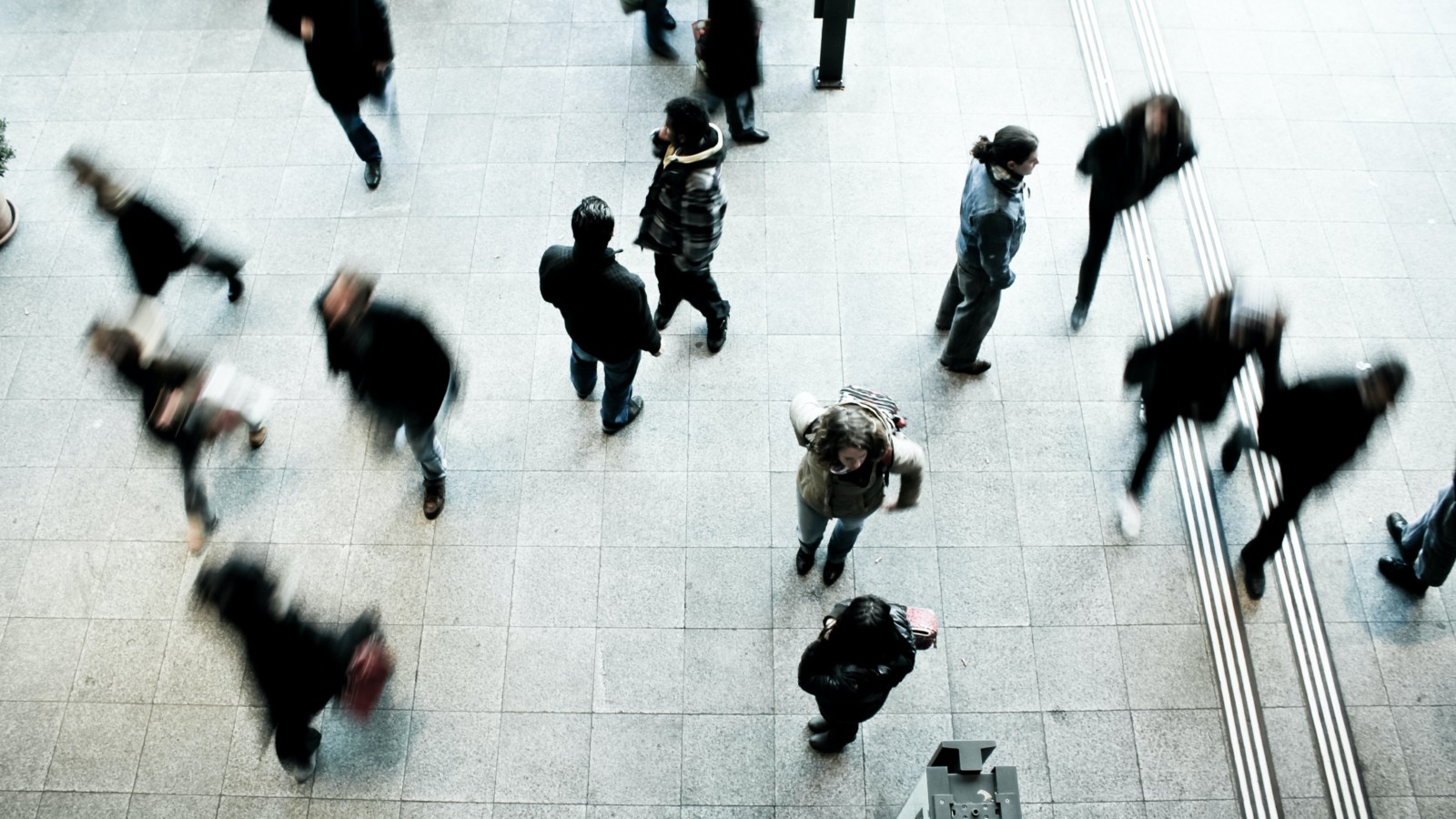Communication between time and emotions is very complex. Much depends on expectations: if we expect something that requires time, we can take it. Disappointment is often a consequence of disturbed expectations. In the modern world, patience is given to people increasingly. Our hatred for slowness is especially perceptible when it comes to technologies. We buy the best wifi booster antenna, changing the phone as soon as it starts to work more slowly, and can refuse the desired purchase if you need to stand in line for a long time.
Syndrome of aggressive pedestrian
Social acceleration, “aggressive pedestrian syndrome,” and an inner sense of time: We understand how the pace of modern life is knocked down by our natural timers, why the time sometimes flies to the bird, and sometimes crawls the worm, and is it possible to solve the problem of patience using meditation?
Have you ever been diagnosed with the state of “sidewall rage”? It usually appears when it comes to our friends and acquaintances in which everything, of course, is perfect, except that they go too slowly. And any joint walk, in the end, turns into hell. You go and think: “Oh, God, will we ever come to where they walked, or need to accept the fact that today nothing will happen, except for this long meaningless street?”. Well, or something like that.
Didn’t happen? So you either approached Zen or hopelessly behind the time (which, as you see below, is not completely bad, but even on the contrary). In fact, in the world, the problem achieved such a scale that scientists already constitute tests to test contemporaries on the “aggressive pedestrian syndrome.” The most popular was developed by the Hawaiian psychologist Leon James. According to his scale, if suddenly in the crowd you are “actively hostile” and “Enjoy thoughts about violence,” the syndromic is already purchased).
But the problem is not so much in the sidewalks, but in the fact that anger and rage cause any situations that require patience: braking drivers, slow internet, the immovable queue in the store, “they all bring us crazy. Even reading a long article can become painful for a modern person, so I need to hurry.
So why do slow things bring us crazy? The answer is simple: because the rapid pace of life has twisted our inner sense of time. The fact that our great-grandfathers and grandfathers would find some miracle efficiency and speed today annoying us with their inhibition. Patience is a virtue that was defeated by Twitter’s era.
According to cognitivism scientists, this is a huge problem for our species: patience and impatience had an evolutionary destination. They were the balance of Yin and Yang, exactly the configured inner timer, who suggested to our ancestors when it was worth the longer or when it was necessary to start the action. If this timer starts to file internal signs, it means that the time of sowing or the time of refusal from unpromising hunting occurs.
Why are we impatient? It is a legacy of our evolution. Intolerance facilitated us from spending too much time on meaningless thing. Once it gave us the impetus to activities.
But this good thing came to an end. A quick pace of life brought out our internal balance of equilibrium. Now we began to appear expectations that cannot be justified fairly quickly or justified. It came to the point that when something moves slower than we expect, our inner timer begins to play with us in brutal games, stretching waiting time, causing anger, disproportionate delay.
The state of affairs illustrates the experiment, which occurred in the early 1990s. He spent time with Robert Levin. The psychologist compared the rhythm of life in the thirty-one cities of the world in several indicators. He and his team found out the average speed of walking people in different cities, the speed of the routine tasks, and the accuracy of the clock in the banks. The results showed that the tensest rhythm of life in the United States, the Nordic countries of Europe, and the countries of Southeast Asia. And in 2000 psychologist Richard Wisman discovered that the speed of walking in the world increased by 10 percent.
It could not affect our lifestyle and our psyche. As studies have shown, the increasing pace of life contributes to the destruction of our patience.


